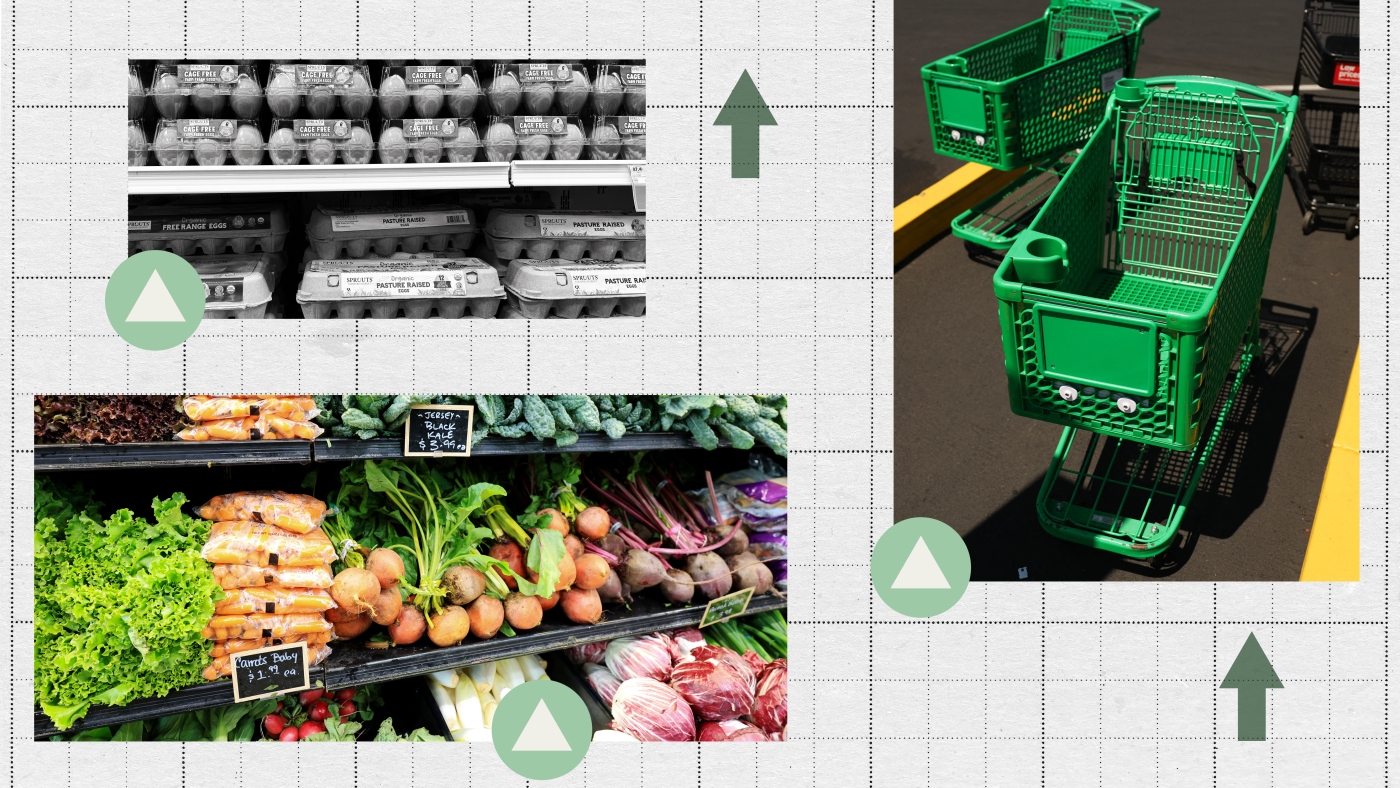During her first report to the Mexico City Congress, Mayor Clara Brugada highlighted the city’s strong focus on environmental and climate justice. She emphasized efforts to protect conservation areas, manage water sustainably, and promote a circular economy.
The Mexico City government, through the Ministry of Environment (SEDEMA), is pursuing a bold climate action plan that aims to cut greenhouse gas emissions by 35%. This plan allocates funding for initiatives between private partners and government-led projects, such as sustainable mobility, waste management, and renewable energy.
Brugada mentioned that over MX$1 billion (US$54 million) has been invested in the Altepetl program. This initiative not only protects conservation land but also supports local farmers growing corn, nopal, and other produce. So far, 4.5 million square meters of green land have been restored, with a target of reclaiming 100,000 square meters each week.
The government has declared Mexico City free of genetically modified corn and is working with local communities to preserve the agricultural terraces in areas like Xochimilco and Milpa Alta.
This year, new ecotechnologies will be introduced in homes. These include rainwater harvesting systems, solar water heaters, and urban gardens, developed with the Ministry of Housing.
The city’s urban revegetation efforts are also ongoing. Approximately 40% of the 1,400 hectares in designated environmental areas have been rehabilitated. Efforts include stopping illegal logging in the San Miguel Topilejo forest and treating 20,000 trees for pests.
On the waste management front, a new governing body for integrated waste management has been established. The Zero Waste strategy aims to transform 50% of the city’s solid waste. Plans include creating the first Circular Economy Park at Bordo Poniente and updating the composting plant. Two new waste facilities are expected next year.
Brugada called for public support for the “Transform the City” campaign, which will require waste separation by January 1, 2026. She reinforced the city government’s commitment to making Mexico City cleaner and more sustainable.
According to a recent survey, 70% of residents support these environmental initiatives, showing a strong community interest in sustainability. As more people engage in these efforts, the commitment to social and environmental justice in Mexico City only strengthens.
The ongoing initiatives not only protect the environment but also enhance the quality of life for residents. As other cities start to replicate similar strategies, the progress in Mexico City stands as a promising model for urban sustainability.
For more insights on urban sustainability initiatives, you can check reports from authoritative sources like the United Nations Environment Programme.
Source link
sustainability, climate action, Greenhouse Gas Reduction, Circular Economy, urban sustainability, Environmental protection, waste management, reforestation, Urban Reforestation, conservation land, Ecotechnologies, rainwater harvesting, solar heaters, urban gardens, zero waste, Composting, public policy, Environmental Education, Biocultural Heritage, sustainable development, quality of life, Public Works and Services, Transform the City Campaign, Integrated Waste Management, AGIR, Sedema, Clara Brugada Molina, Mexico, CDMX






















